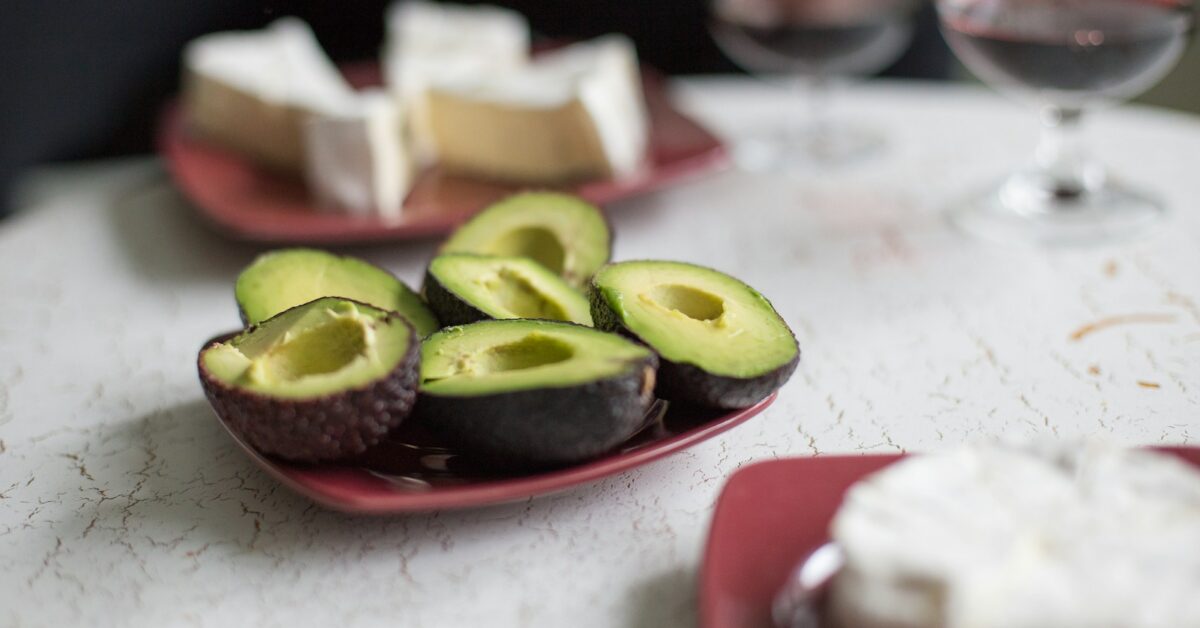Why Omega-3 is Important on the Ketogenic Diet
The ketogenic diet, known for its low-carb and high-fat approach, has gained popularity for its potential benefits in weight loss, improved mental clarity, and increased energy levels. However, one concern that arises when following this diet is the limited sources of omega-3 fatty acids, which are essential for overall health and well-being. Omega-3s play a crucial role in reducing inflammation, supporting brain function, and promoting heart health. In this article, we will explore how to ensure an adequate intake of omega-3s while following the ketogenic diet.
1. Fatty Fish
Fatty fish are an excellent source of omega-3 fatty acids, specifically EPA (eicosapentaenoic acid) and DHA (docosahexaenoic acid). These fatty acids have been linked to numerous health benefits, including reducing the risk of heart disease and improving brain function. Some examples of fatty fish that are keto-friendly and rich in omega-3s include:
- Salmon
- Mackerel
- Sardines
- Tuna
- Trout
These fish can be incorporated into your ketogenic diet by grilling, baking, or pan-frying them in healthy fats like olive oil or coconut oil.
2. Chia Seeds
Chia seeds are a plant-based source of omega-3 fatty acids, making them an excellent option for those following a vegetarian or vegan ketogenic diet. These tiny seeds are also packed with fiber, antioxidants, and other essential nutrients. Just one ounce (28 grams) of chia seeds provides approximately 4 grams of omega-3 fatty acids. Here are some ways to include chia seeds in your ketogenic meals:
- Add them to your morning smoothie or protein shake.
- Sprinkle them over salads or roasted vegetables.
- Make chia seed pudding by combining chia seeds with coconut milk and your choice of low-carb sweetener.
3. Flaxseeds
Flaxseeds are another plant-based source of omega-3 fatty acids that can be easily incorporated into the ketogenic diet. They are also rich in fiber and lignans, which have been shown to have antioxidant and anti-cancer properties. To maximize the absorption of omega-3s from flaxseeds, it is recommended to consume them ground rather than whole. Here are some ways to include flaxseeds in your ketogenic meals:
- Mix ground flaxseeds into your keto-friendly baked goods, such as bread or muffins.
- Sprinkle ground flaxseeds over salads or yogurt.
- Add them to your keto-friendly smoothies or shakes.
4. Walnuts
Walnuts are not only a delicious and crunchy snack but also a great source of omega-3 fatty acids. They are also rich in antioxidants, fiber, and other essential nutrients. Just one ounce (28 grams) of walnuts provides approximately 2.5 grams of omega-3 fatty acids. Here are some ways to incorporate walnuts into your ketogenic diet:
- Enjoy them as a standalone snack.
- Add them to your salads or roasted vegetables for an extra crunch.
- Include them in your keto-friendly trail mix along with other nuts and seeds.
5. Omega-3 Supplements
If you find it challenging to meet your omega-3 needs through food sources alone, you may consider taking omega-3 supplements. Fish oil supplements are a popular choice as they provide a concentrated dose of EPA and DHA. Look for high-quality supplements that have been tested for purity and potency. It is always recommended to consult with a healthcare professional before starting any new supplements.
While following the ketogenic diet, it is essential to prioritize the consumption of omega-3 fatty acids to maintain overall health and well-being. By incorporating fatty fish, chia seeds, flaxseeds, walnuts, and omega-3 supplements into your ketogenic meals, you can ensure an adequate intake of these essential nutrients. Remember to choose high-quality sources and consult with a healthcare professional for personalized advice.
